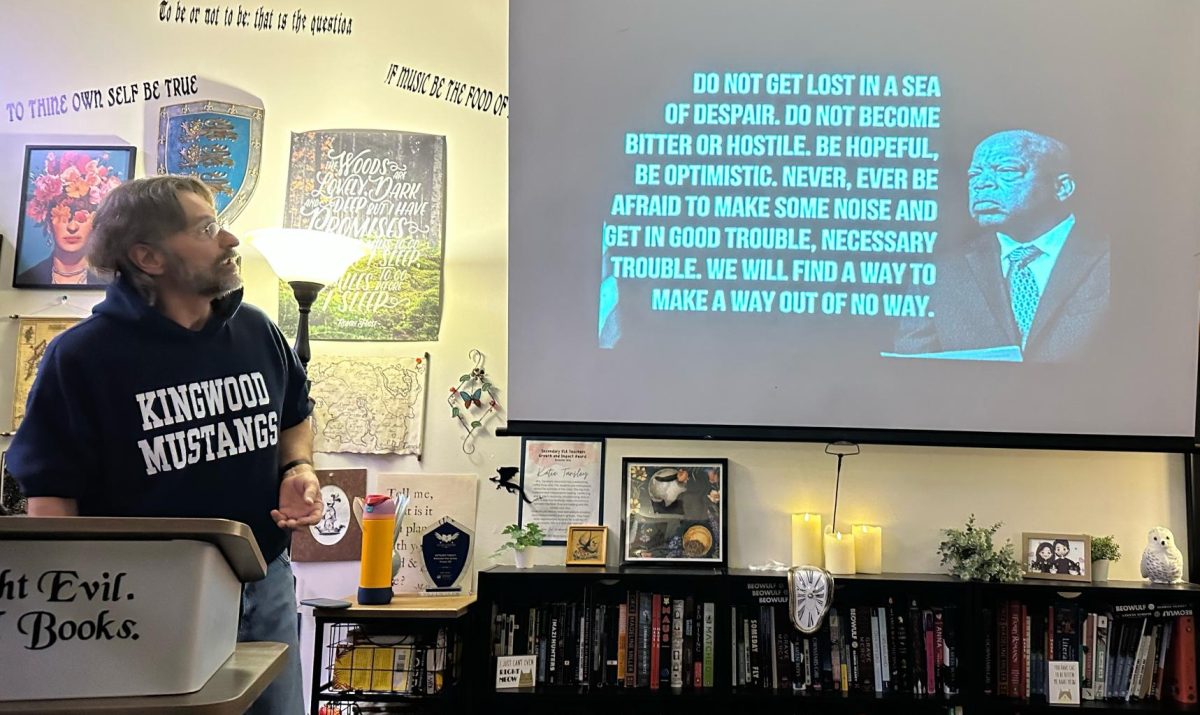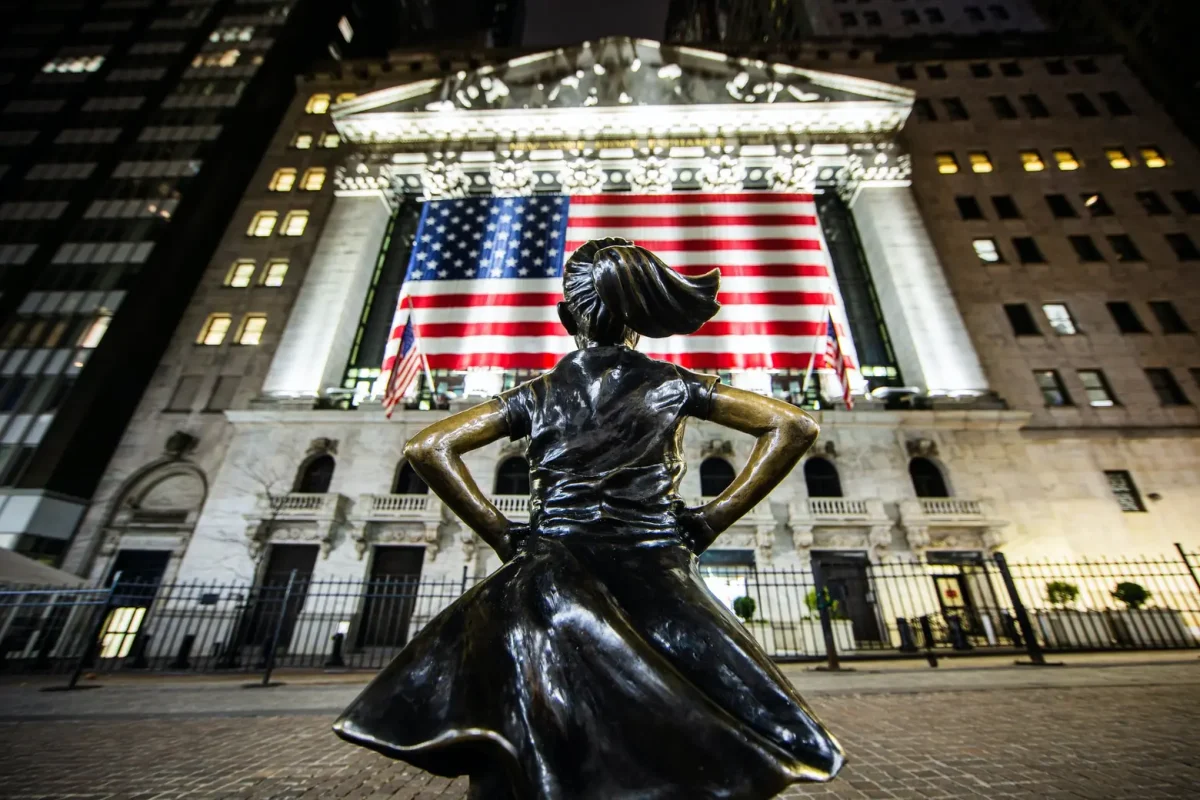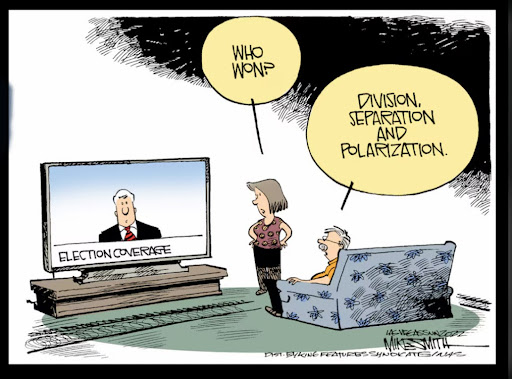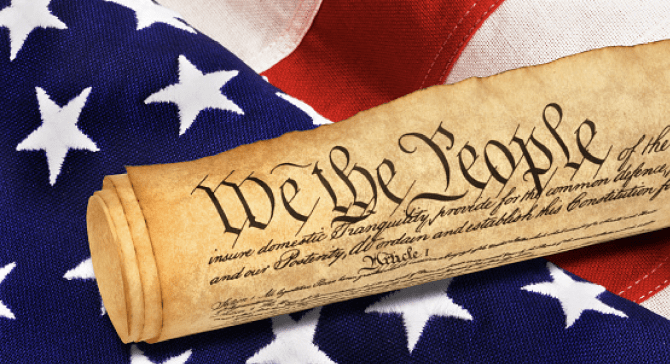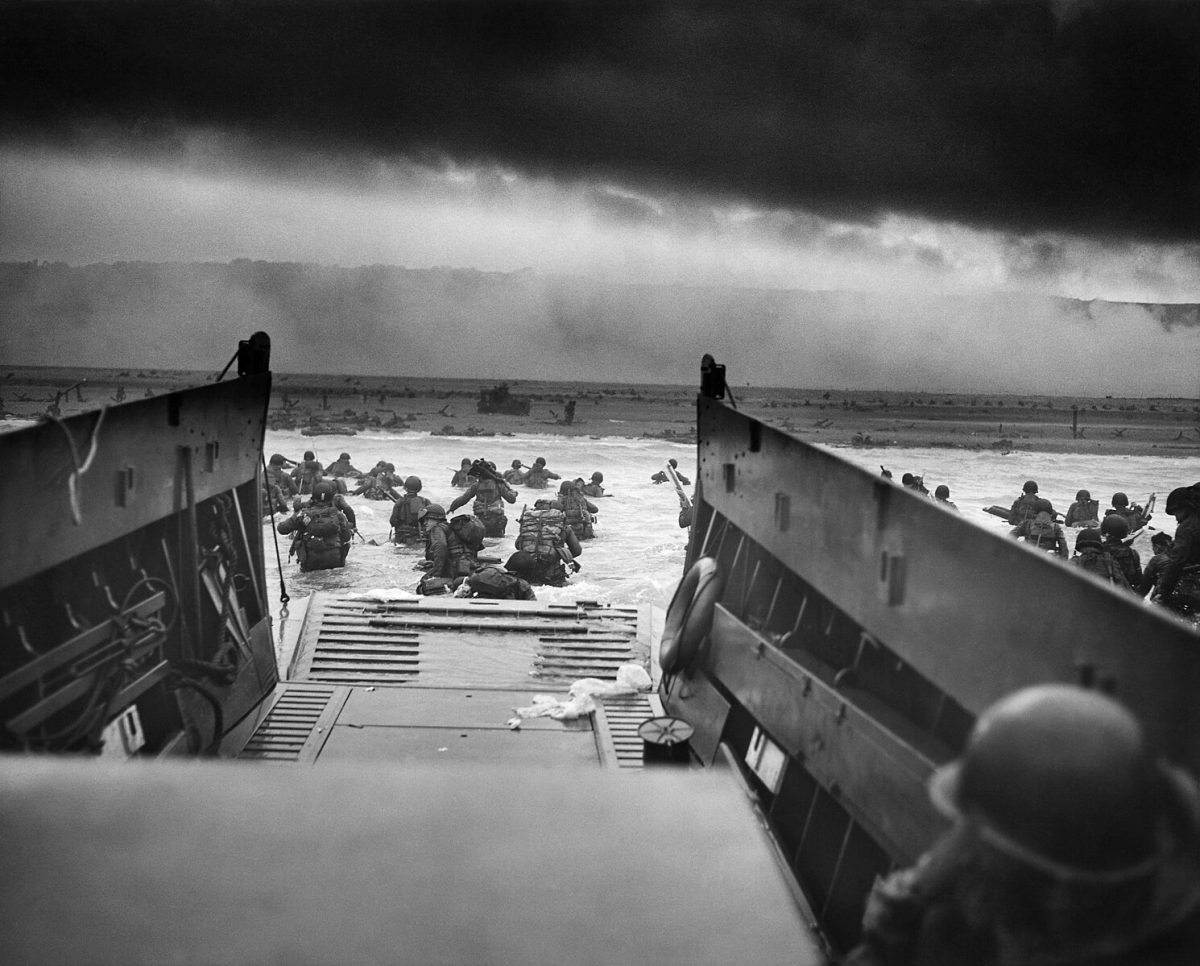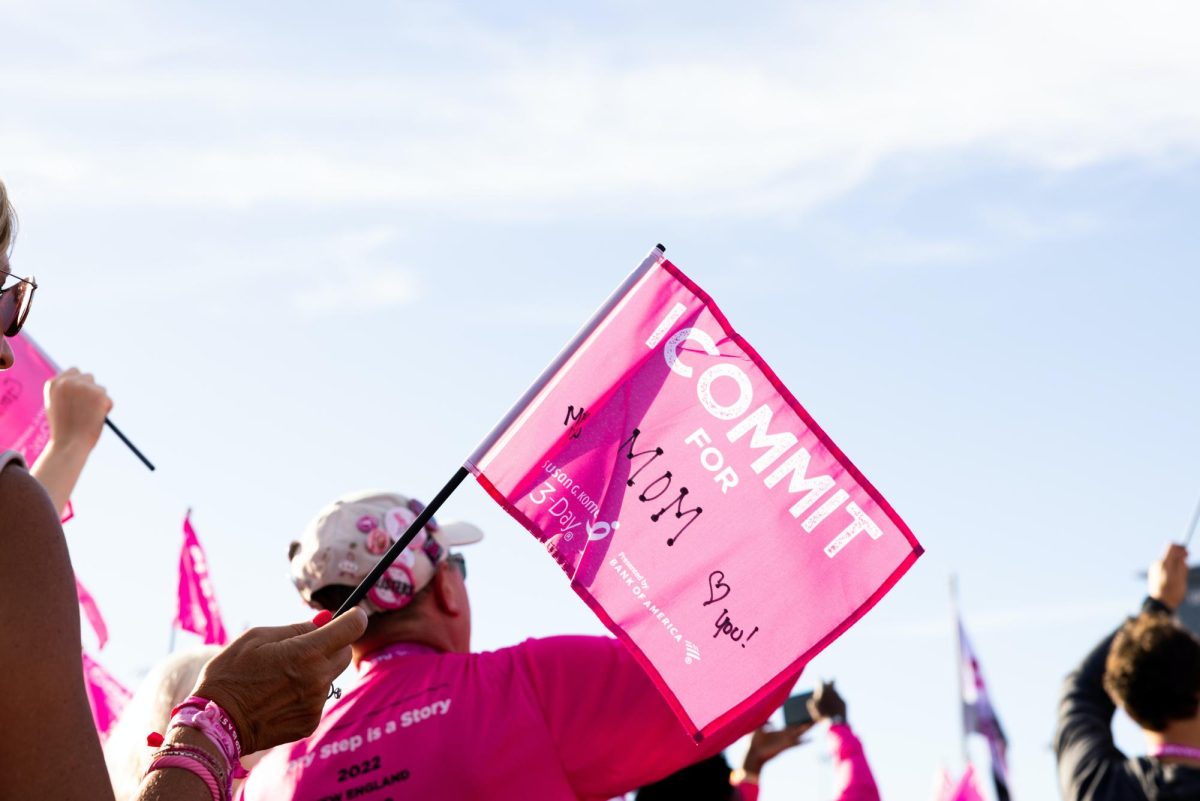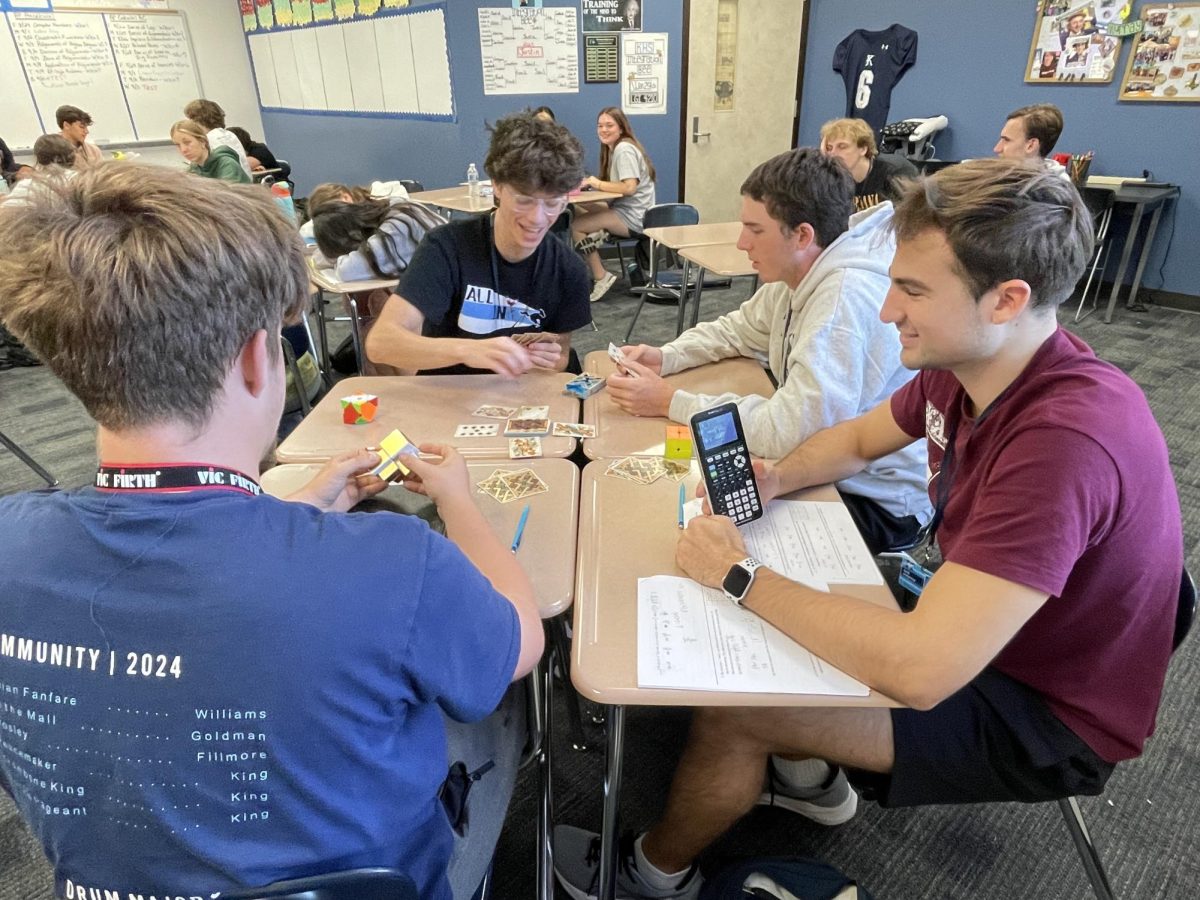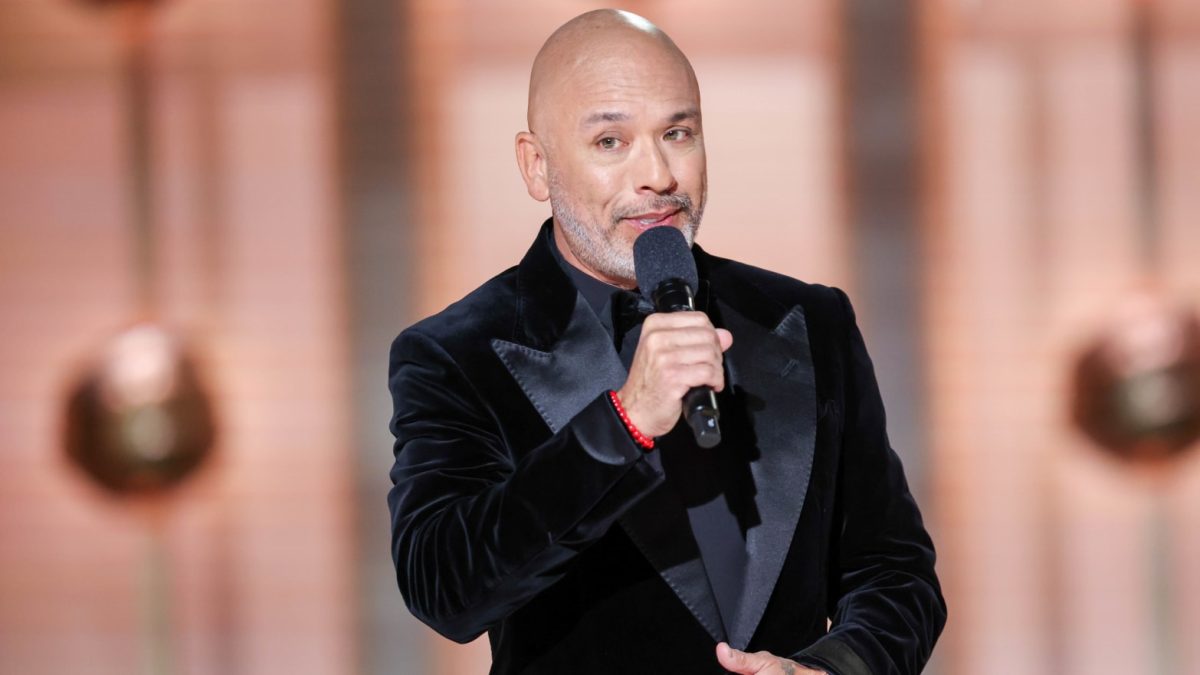Black History Month at Kingwood High School was vibrant and meaningful! Through Kingwood Talks and the Black Student Union, students were provided with chances to engage in lectures and discussions throughout the month, raising awareness within the Kingwood community.
Celebrating Black History Month holds significant importance for several reasons. This designated month offers a unique opportunity to honor and recognize Black individuals’ impactful contributions and achievements in shaping American culture, politics, science, art, and various other fields. Discussing these contributions helps educate people about the often-underrepresented history of the Black community, fostering a deeper understanding of the past.
In the context of high school education, this focus on Black history is crucial for raising awareness and promoting inclusivity. Additionally, Black History Month serves as a unifying force, bringing communities together and facilitating discussions celebrating the diversity within our student body while challenging and dispelling existing stereotypes.
Moreover, by spotlighting the accomplishments and challenges Black communities and leaders face, this month inspires the next generation to persevere and strive towards their aspirations, contributing to positive change and growth.
Black History Month is a pivotal opportunity to honor historical contributions, educate the present generation, and inspire the future, ultimately fostering a more inclusive and equitable society.
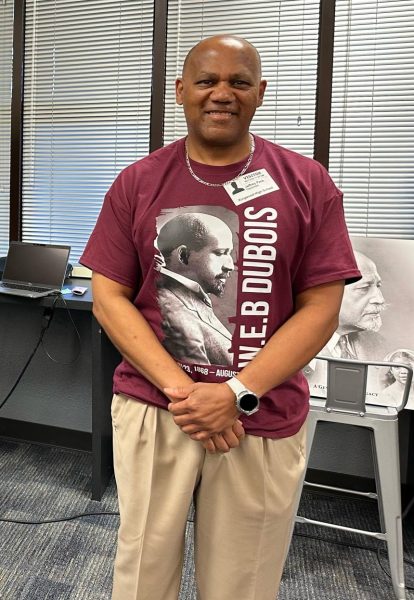
Kingwood Talks featured two distinguished speakers with distinct topics. The first speaker was Jeffrey Peck, the great-grandson of William Edward Burghardt DuBois, a renowned figure considered one of the pioneers of the National Association for the Advancement of Colored People (NAACP). Jeffrey Peck presented on the life and contributions of W.E.B. Du Bois. Du Bois was a prominent intellectual of his era, being the first Black American to earn a Ph.D. from Harvard University. He was instrumental in establishing the NAACP and served as the director of publicity and research, launching the NAACP’s inaugural journal, The Crisis, in 1910.
“One ever feels his twoness, — an American, a Negro; two souls, two thoughts, two unreconciled strivings; two warring ideals in one dark body, who dogged strength alone keeps it from being torn asunder.” – W.E.B. Du Bois, Collection of Essays
The second speaker at Kingwood Talks was our own Mr. Scalia, who teaches US History. Mr. Scalia delved into the life of John Lewis and his influential role in the Civil Rights Movement during the 1950s and 1960s as a young student. John Lewis had a significant journey, from his early involvement in the Civil Rights Movement and his contributions to the NAACP, to his impactful tenure in the House of Representatives from 1986 until his passing. He is most renowned for his work with the Student Nonviolent Coordinating Committee (SNCC) and for spearheading the march across the Edmund Pettus Bridge in Selma, Alabama in 1965, commonly referred to as “Bloody Sunday.”
Sources:
https://naacp.org/find-resources/history-explained/civil-rights-leaders/web-du-bois#:~:text=In%20this%20collection%20of%20essays,it%20from%20being%20torn%20asunder.%22
https://www.britannica.com/biography/John-Lewis-American-civil-rights-leader-and-politician


